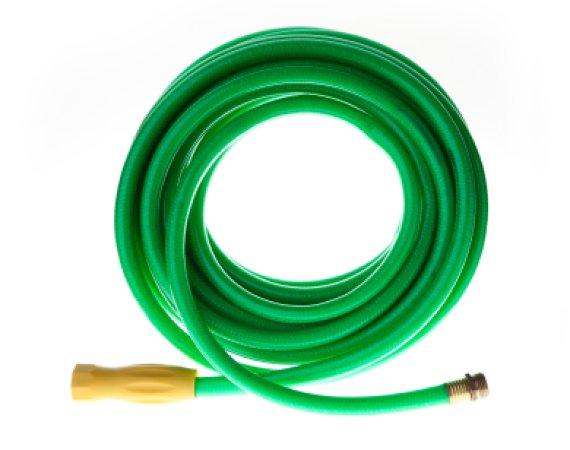The global population is set to grow this century to nine or even twelve billion people. To feed them all, food production needs to more than double. Yet there is not enough water to produce that amount of food. Biemans calculates that the amount of irrigation water available will fall short by one quarter of the required amount. Biemans, who obtained her PhD on 5 October, works in the Climate Change and Adaptive Water Management Group at Alterra.
Models
Currently used calculation models about future food production predict that it will be possible to double production. These models count on a growth in crops and take economic influences into account. They predict a growth in the amount of land on which crops are irrigated, because it is precisely in irrigated agriculture that there are productivity gains to be made. ‘But the studies wrongly assume that there is enough water for that,’ says Biemans.
Reality
The researcher compared the future demand for irrigation water that these models predict with figures on the actual availability of water from the runoff from rivers worldwide. This revealed a future shortage of irrigation water. Biemans also looked at the influence of climate change. ‘That seems to have little influence on the total availability of water worldwide.’
Loss
At an earlier stage there was concern about a future water shortage but now for the first time there are figures on it. If no steps are taken, the shortage of irrigation water at the end of this century will lead to 20 percent smaller harvests than would be obtained if there was enough water. In south Asia and southern Africa this loss could be as great as 50 percent.
Drip irrigation
In order to reach the necessary production levels, Biemans thinks we shall need to invest heavily in more water reservoirs and in efficient irrigation in which less water is lost. The latter can be achieved by using drip irrigation instead of flooding fields, or by using closed pipelines instead of open channels.

